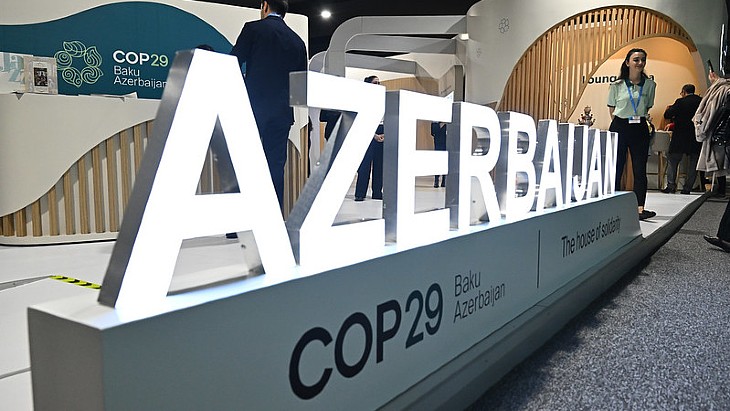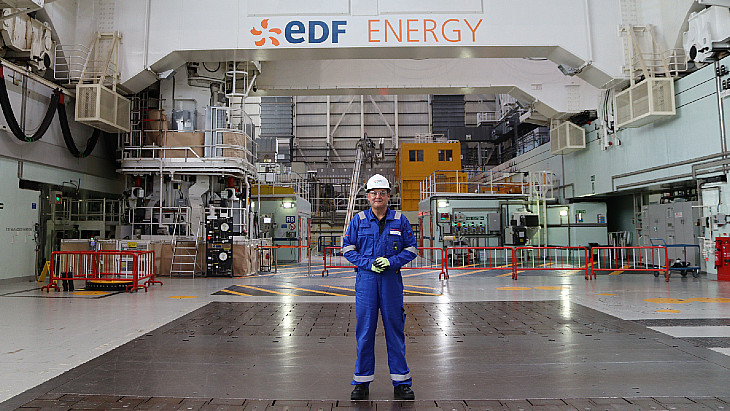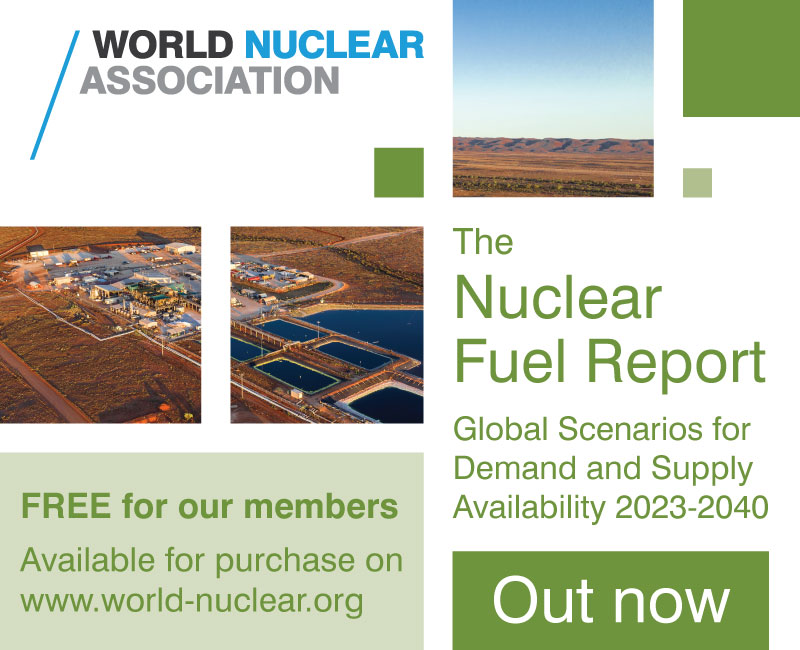UK ratifies Generation IV International Forum agreement

Becoming a party to the agreement allows the UK to "actively engage" in research and development projects related to Generation IV systems, with participation to begin in 2019, BEIS said.
The document was signed by Jeremy Hunt, UK secretary of state for foreign and commonwealth affairs, and deposited to the OECD Nuclear Energy Agency by Ian Johnson and Rob Arnold from BEIS on 17 October.
GIF was initiated in 2000 and formally chartered in mid-2001. It is an international collective representing governments of 13 countries where nuclear energy is significant now and also seen as vital for the future. Most are committed to joint development of the next generation of nuclear technology. Led by the USA, Argentina, Australia, Brazil, Canada, China, France, Japan, Russia, South Korea, South Africa, Switzerland, and the UK are charter members of the GIF, along with the EU (through Euratom).
Separately, BEIS on 15 November published comments by UK Business Secretary Greg Clark about investment in new technologies, including nuclear, in a speech titled After the trilemma - 4 principles for the power sector.
"Future technological development that is unknowable from where we stand today means that sometimes it is wise not to spend now but at the right time. We need to decide when it is best to commit to invest in certain technologies and when we should invest in the future," Clark said in his 15 November speech.
"Thinking about timing and options is extremely relevant to nuclear power, which last year contributed 20% of the nation's electricity. There has been some criticism of the prospective cost of the Hinkley project, but one aspect of the benefit that has not been emphasised often enough is that it restarts the programme of civil nuclear power in this country and conversely the loss of much of the supply chain and the domestic skills in the civil nuclear sector was a set-back which could have been avoided if we’d thought ahead.
"We need to have a supply chain that is active - engineers who understand the technology, PhDs and university departments specialised in it, welders, civil engineers, concrete pourers, and more. We've had to restart our civil nuclear industry more-or-less from scratch and doing so has bought us an opportunity to meet our climate targets over the longer-term at lowest cost."
If nuclear power technology is "sufficiently competitive", he said, "then it is worth turning that option into a commitment".
The government is therefore "exploring the right ways to finance new nuclear", he said, including through the potential for government investment in the Wylfa project, as well as a Regulated Asset Base model for future projects.
Horizon Nuclear Power aims to provide at least 5.4 GWe of new capacity across two sites - Wylfa Newydd, which is on the Isle of Anglesey, and Oldbury-on-Severn, in South Gloucestershire - by deploying Hitachi-GE UK Advanced Boiling Water Reactors.
Earlier this year, BEIS announced a nuclear industry sector deal, as part of its Industrial Strategy, with its emphasis on the need to reduce costs by 30% through increasing modularisation and advanced manufacturing.


.jpg)
.jpg)









